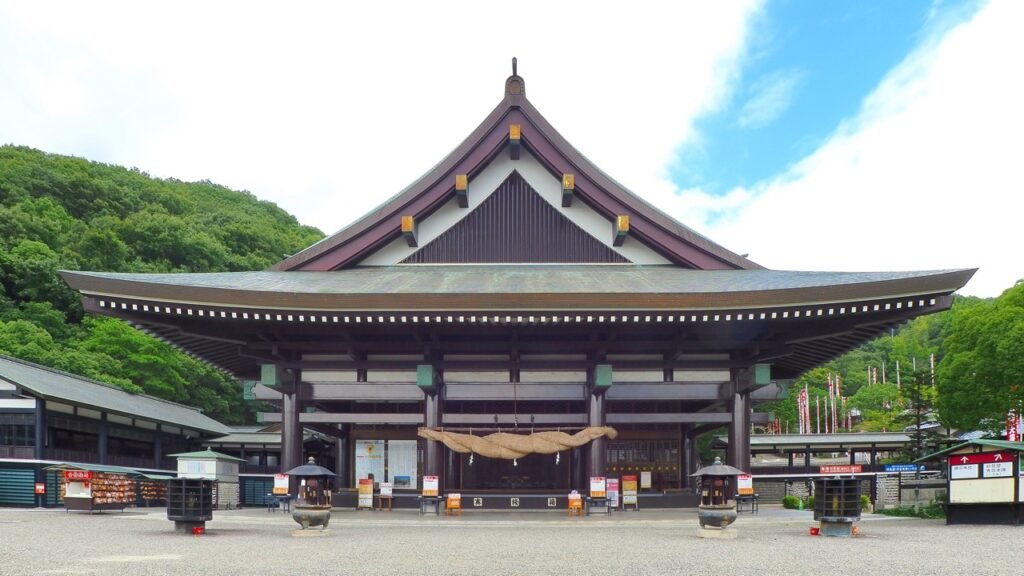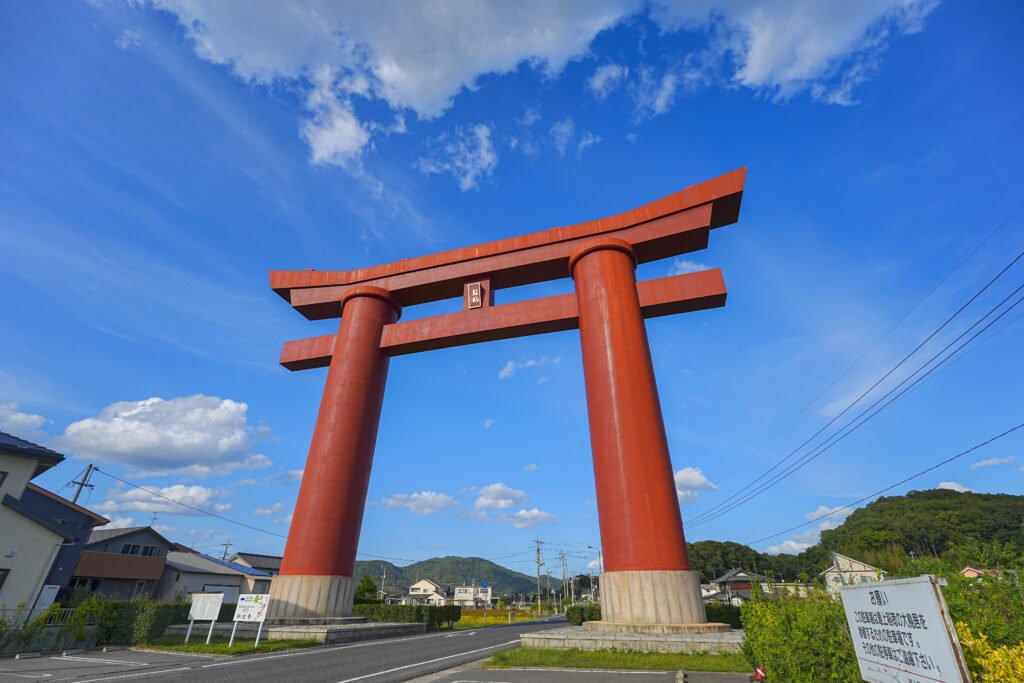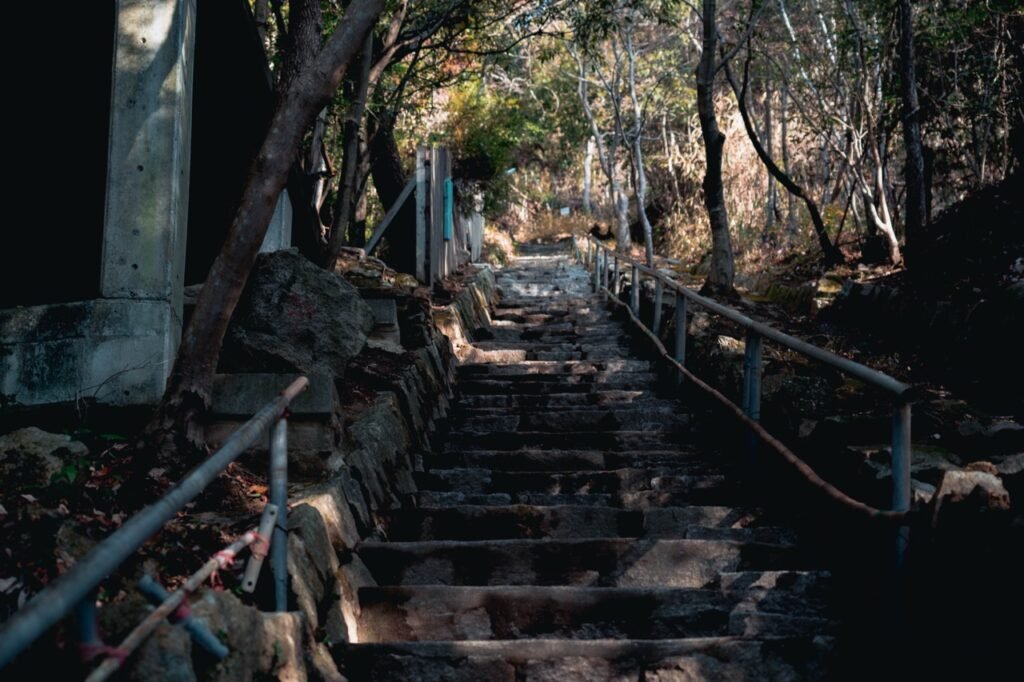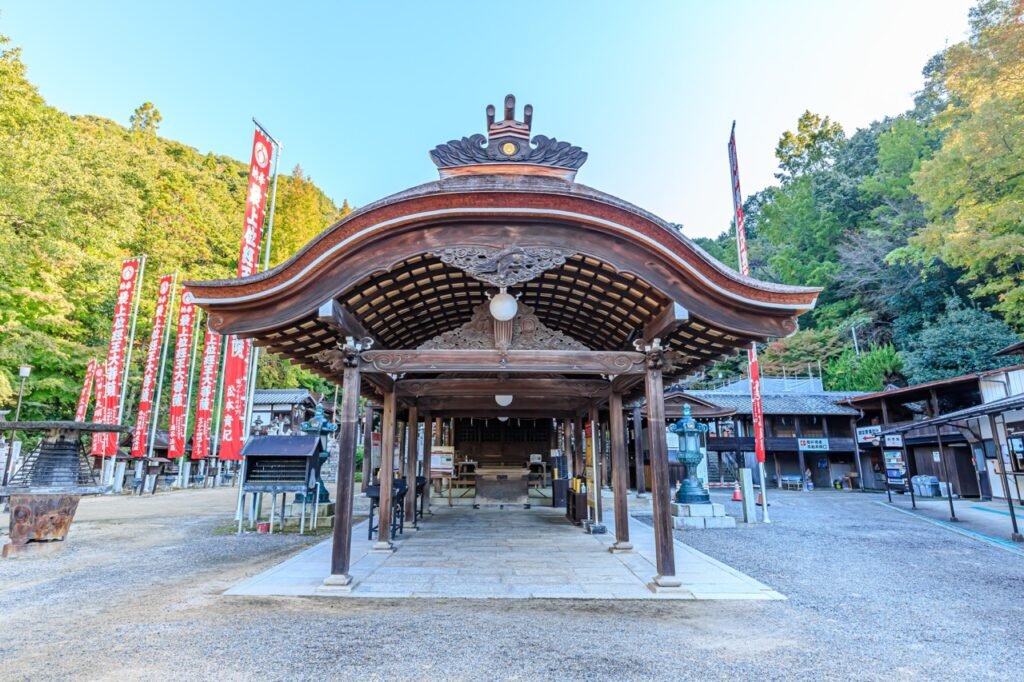Authentic omamori blessed by a priest, delivered worldwide
Authentic omamori blessed by a priest, delivered worldwide

785
Saijoi Kyo-o Daibosatsu (Inari Daimyojin)
Syncretic (Buddhist Temple with Shinto features)
One of Japan's largest torii gates (27.5m)


